- You are here:
- Home /
- Products /
- Alloy Steel /
- Super Duplex Stainless Steels /
2507 Duplex Stainless Steel Plate
2507 alloy is a super duplex stainless steel with high chromium and molybdenum content, offering exceptional resistance to chloride-induced stress corrosion cracking and pitting. Its balanced austenite-ferrite microstructure provides superior strength and toughness compared to conventional austenitic stainless steels.
Chemical Composition (wt%)
Element | Content (%) |
C | ≤0.03 |
Si | ≤0.80 |
Mn | ≤1.20 |
P | ≤0.035 |
S | ≤0.020 |
Cr | 24.0–26.0 |
Ni | 6.0–8.0 |
Mo | 3.0–5.0 |
N | 0.24–0.32 |
Property | Value |
Density (g/cm³) | 7.8 |
Yield Strength | ≥550 MPa |
Tensile Strength | 800–1000 MPa |
Hardness (HB) | ≤290 |
Elongation (%) | ≥25 |
I. Performance Characteristics of 2507 Stainless Steel Plate
1. Excellent Corrosion Resistance
2507 stainless steel plate contains a high alloying composition of 18% chromium, 8% nickel, and 4.5% molybdenum, fortified with nitrogen. It exhibits exceptional resistance to pitting, crevice corrosion, and stress corrosion cracking in chloride environments (such as seawater and chemical media). Its passive film is denser than that of ordinary stainless steel and is particularly stable in acidic or high-salt environments.
2. High Strength and Toughness
Its dual-phase structure of austenite and ferrite offers a tensile strength exceeding 550 MPa, twice that of 304 stainless steel, while maintaining an elongation of over 25%, making it suitable for high-pressure and high-stress applications. It also maintains excellent toughness even at low temperatures.
3. Excellent Machinability and Weldability
Despite its high alloying content, 2507 stainless steel exhibits excellent hot and cold formability. While welding requires controlled heat input to prevent brittle phase precipitation, its post-weld properties are stable, requiring no preheating or post-heat treatment.
II. Main Applications of 2507 Stainless Steel Plate
1. Marine Engineering
Used in offshore platforms, desalination equipment, and ship components, it offers seawater corrosion resistance and anti-fouling properties, ensuring reliable long-term service.
2. Petroleum and Chemical
Suitable for oil and gas pipelines, high-pressure reactors, and chlorine-containing medium storage tanks. It resists hydrogen sulfide corrosion and has the strength to meet high-pressure requirements.
3. Energy and Environmental Protection
Used in flue gas desulfurization (FGD) systems, heat exchangers, and nuclear waste treatment equipment, it offers both acid and wear resistance.
4. Specialty Industries
Bleaching equipment in the paper industry and sterile containers in the pharmaceutical industry are preferred due to their hygienic properties and chemical resistance.
Surface Treatment
- Standard: Passivation (ASTM A967) for corrosion resistance.
- Optional: Electropolishing (Ra ≤0.4μm) for high-purity applications.
Why Choose Us ?
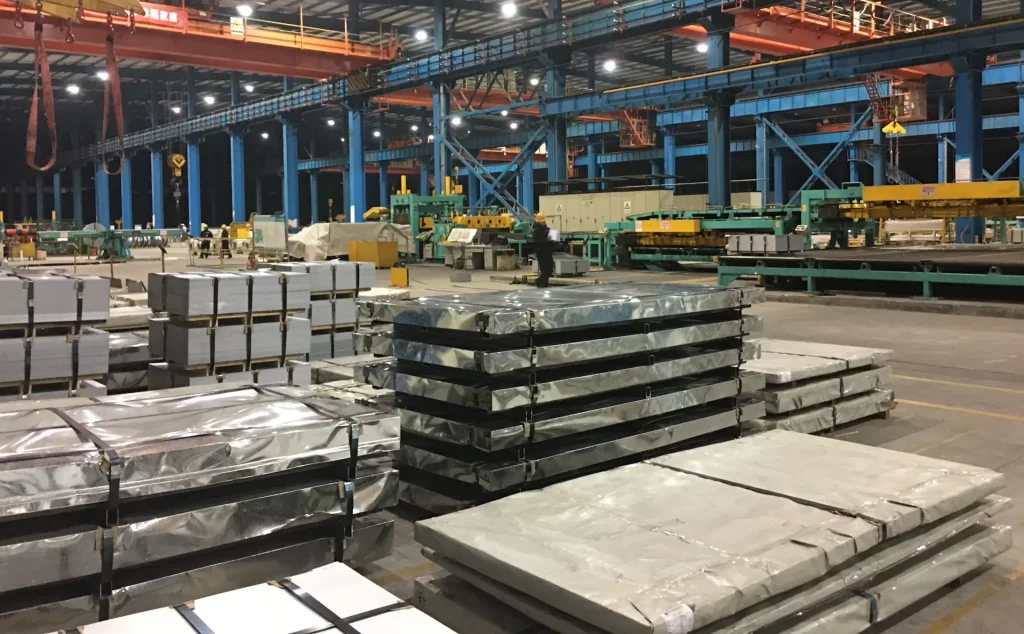
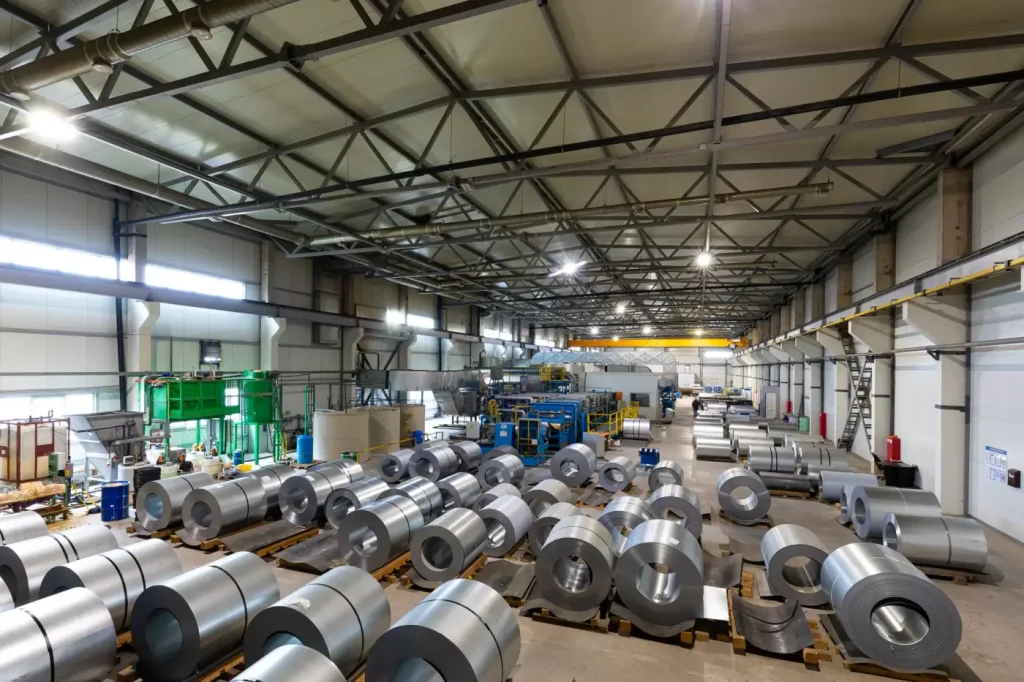
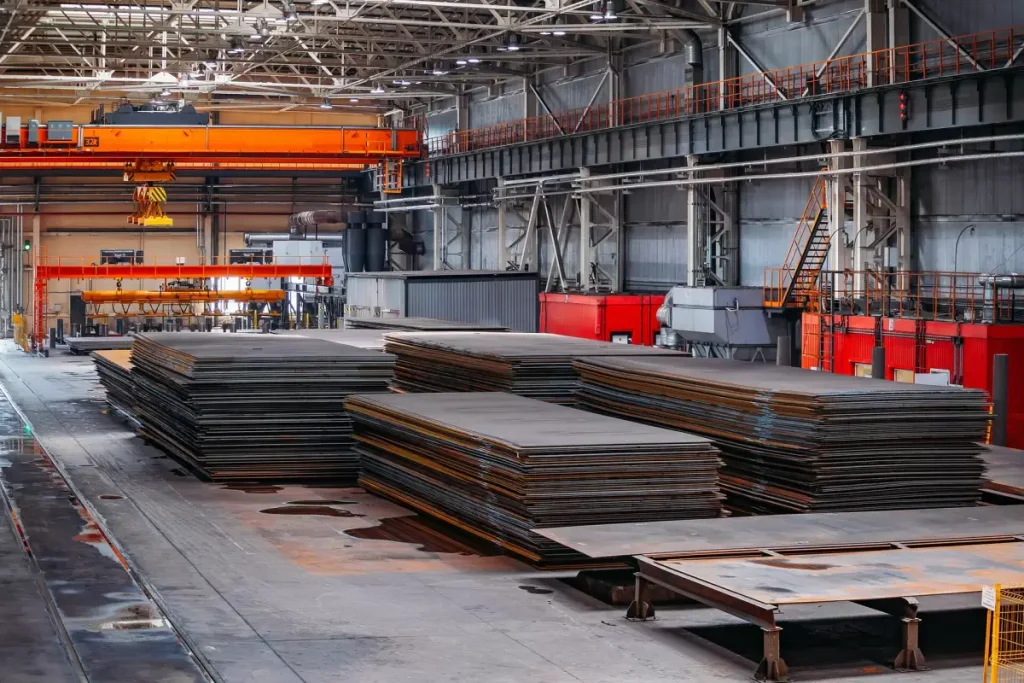
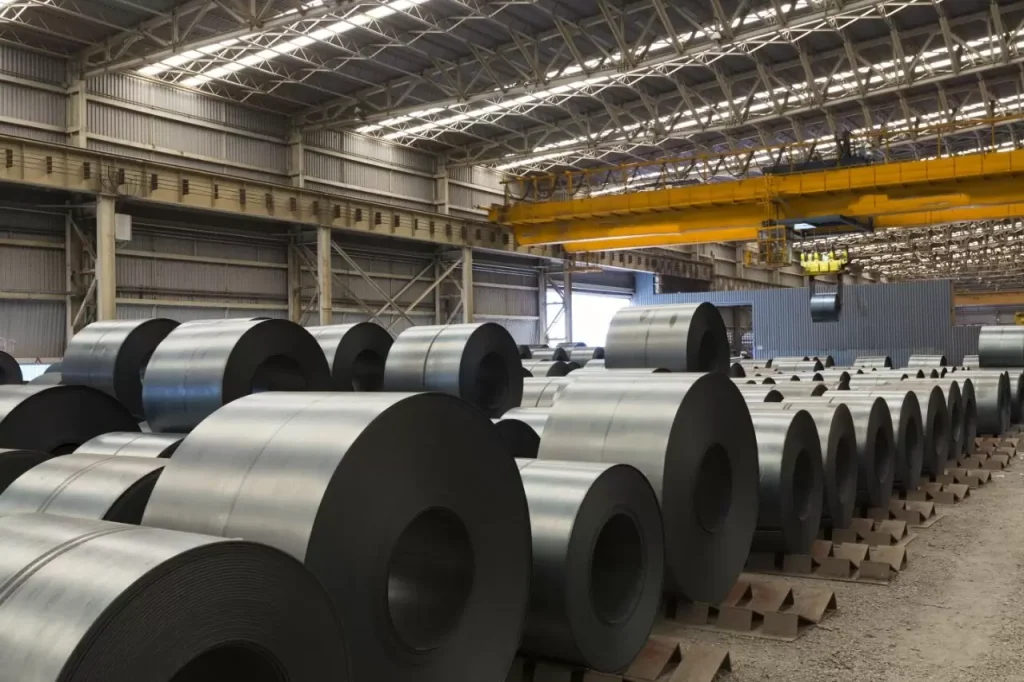
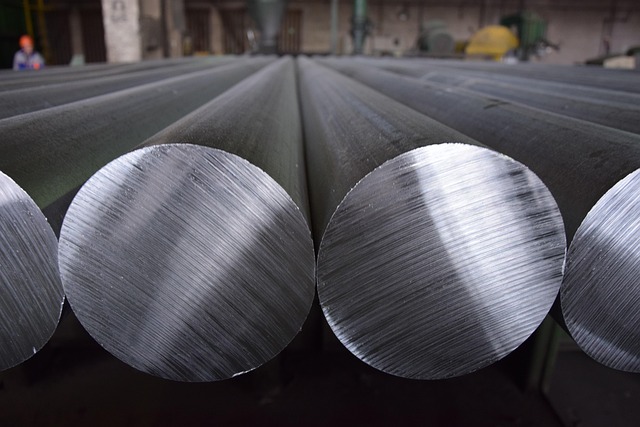
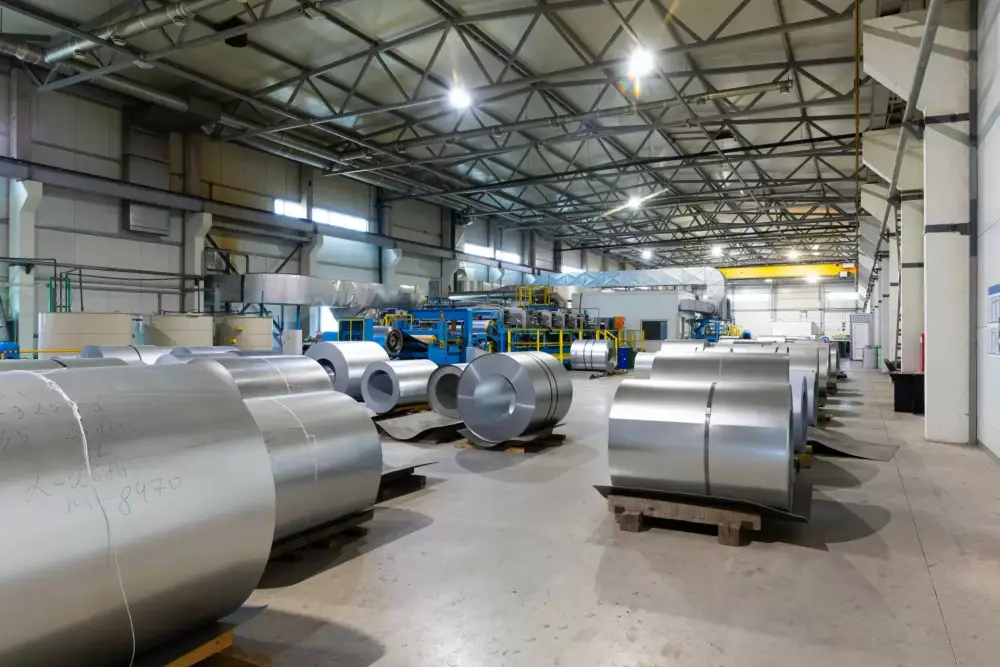
- Certified: ISO 9001 & PED 2014/68/EU compliance.
- Customizable: Thickness (3–100mm) & widths up to 3,200mm.
Applications & Industries
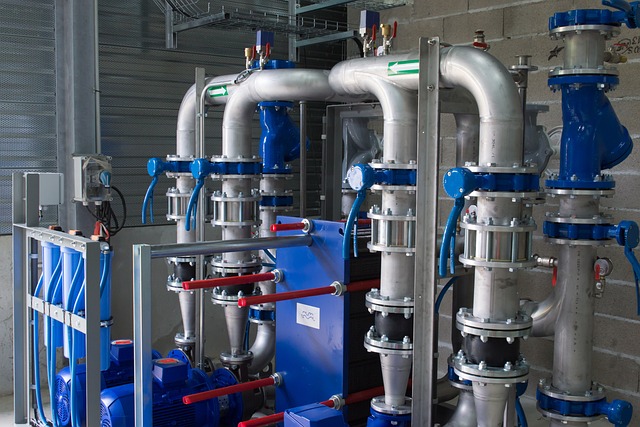
Aerospace:
High-power density actuators.
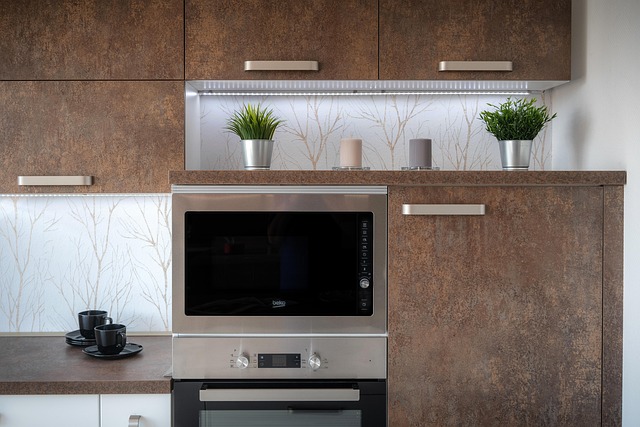
Electronics:
Precision sensors & MEMS components.
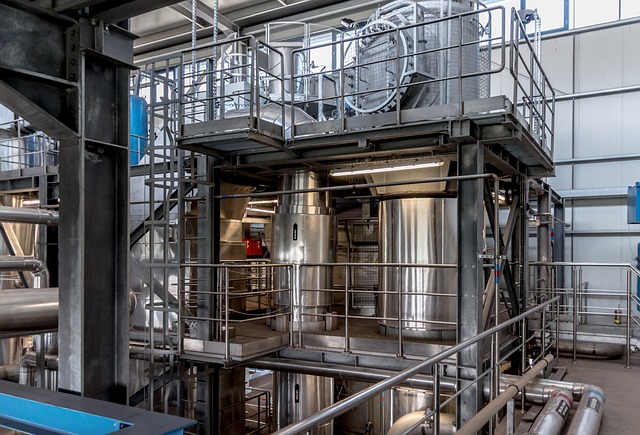
Energy:
Magnetic coupling devices for turbines.
Frequently Asked Questions
Q1: Can 2507 be welded?
A: Yes, using ER2594 filler rod (AWS A5.4).
Q2: Temperature limits?
A: -50°C to +300°C (continuous service).
Q3: What surface finishes are available?
A: Standard finishes include NO.1,mill-rolled No.2B, polished No.8, and bright-annealed (BA) for aesthetic application.
Q4: Is post-weld heat treatment required?
A: Generally not needed if welding parameters are controlled to prevent excessive heat input.
Q5: What’s the maximum operating temperature?
A: Recommended limit is 300°C (570°F) to maintain corrosion resistance and toughness.
Ready to source alloy steel from a trusted Chinese manufacturer?
Let us support your project with reliable quality, fast delivery, and expert service.
Get a quote today — we usually respond within 12 hours.

